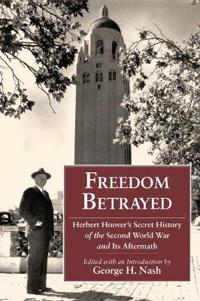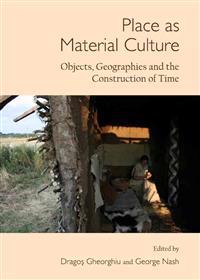Fatty Liver Disease: NASH and Related Disorders (Övrig)
avEditor:Geoffrey C. Farrell, Editor:Jacob George, Ed Hall
ISBN: 9780470987438 - UTGIVEN: 2008-05-31Fatty Liver Disease: NASH and Related Disorders (Inbunden)
avEditor:Geoffrey C. Farrell, Editor:Jacob George, Ed Hall
ISBN: 9781405112925 - UTGIVEN: 2004-12-31Renovating Old Houses: Bringing New Life to Vintage Homes (Häftad)
avGeorge Nash
ISBN: 9781561585359 - UTGIVEN: 2003-11Freedom Betrayed (Inbunden)
avGeorge H. Nash
ISBN: 9780817912345 - UTGIVEN: 2012-01Herbert Hoover's "magnum opus"--at last published nearly fifty years after its completion--offers a revisionist reexamination of World War II and its cold war aftermath and a sweeping indictment of the "lost statesmanship" of Franklin Roosevelt. Hoover offers his frank evaluation of Roosevelt's fore[...]
Place as Material Culture (Inbunden)
avDragos (EDT) Gheorghiu, George (EDT) Nash, Dragos (EDT) Gheorghiu
ISBN: 9781443842617 - UTGIVEN: 2013-02Traditional in archaeological discourse is the need to describe place, albeit in an empiricist and banal way. Discourse is sometimes followed by a more fruitful and interpretive account. However, these accounts tend to ignore human emotion that is bound-up in place, for example the ritualized and sy[...]







